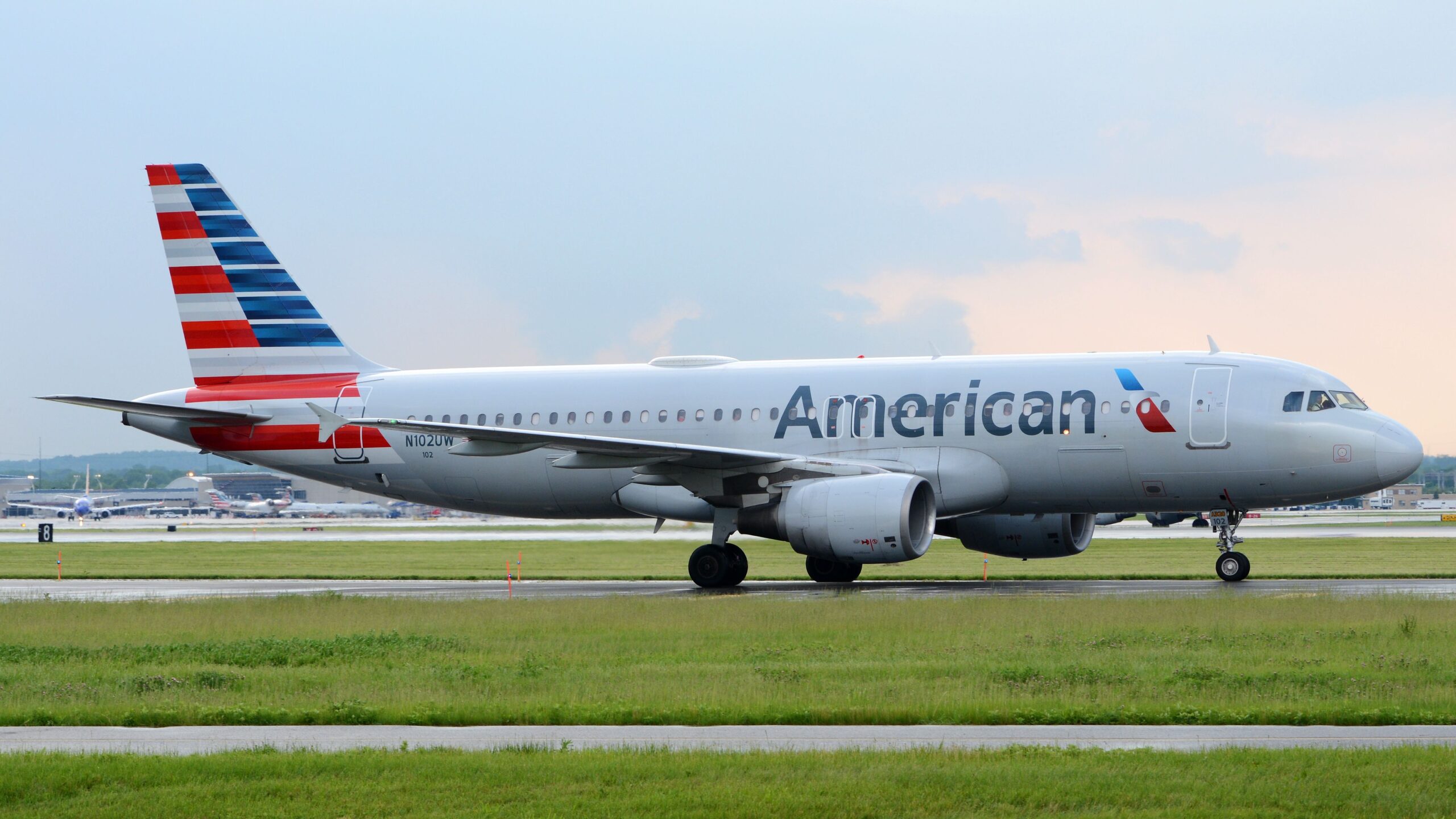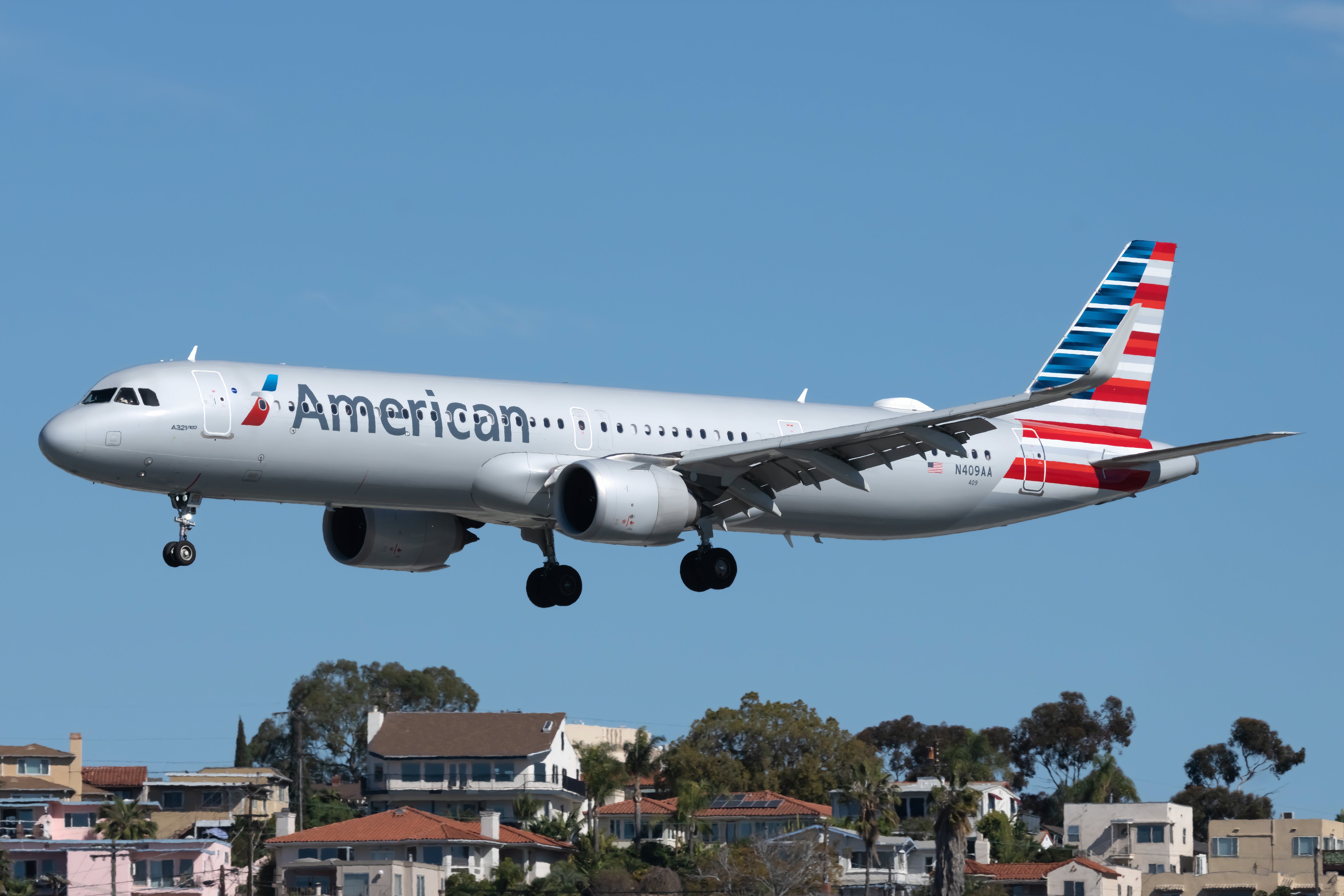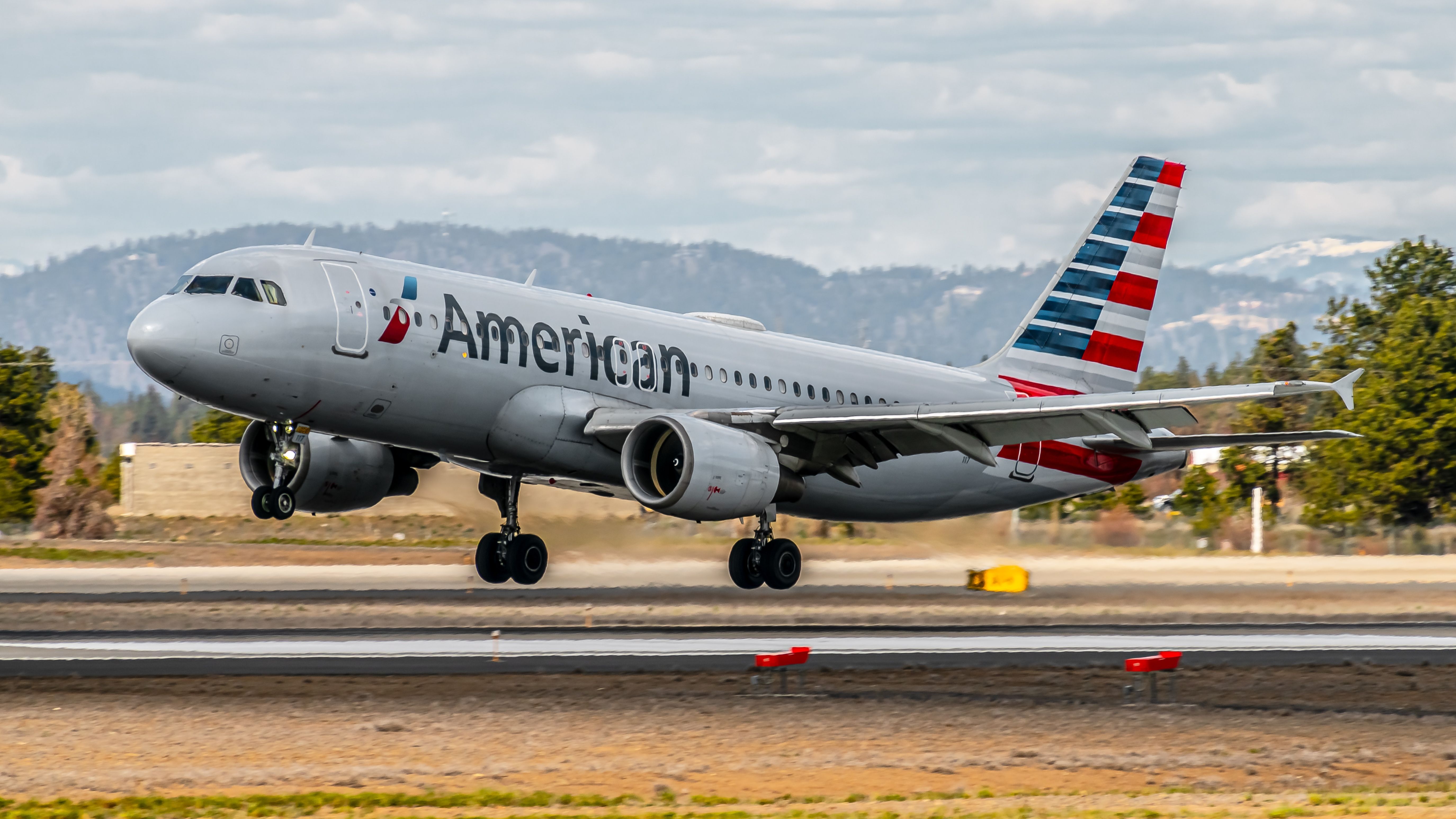Fort Worth, Texas-based ![]() American Airlines
American Airlines
was awarded over $9 million on Tuesday after a federal jury determined the website behind the so-called and controversial skiplagging
hack disgorged and committed copyright infringement. It comes after the carrier sued the website last year, arguing that it violated its policies.
American’s legal team accused the website of using its trademarks to appear legitimate and fool consumers into thinking they were purchasing flights from the carrier. However, the jury reportedly declined to award any damages for trademark infringement.
“To save you money”
Following five days of trial before US District Judge Mark Pittman in Fort Worth, jurors discussed an outcome for several hours, according to Courthouse News Service. The website in question is New York-based Skiplagged.com, which brands itself as the resource that allows consumers to “find flights the airlines don’t want you to see.” It also says it exposes “loopholes in airfare pricing to save you money.”
Photo: Vincenzo Pace | Simple Flying
When American pursued legal action against the website, the airline claimed that it was freeloading off its name in promoting airfare, according to Courthouse News Service. The airline also said the website provided passengers with the risk of potentially having their airfare voided. Nonetheless, American’s main argument during the trial was that Skiplagged committed trademark infringement.
Two payments of $4.7 million
During opening statements, the airline’s attorney, Paul Yetter, explained to jurors that Skipplagged was not one of American’s authorized agents. Yetter also claimed that the website fooled consumers by using the
carrier’s logo
to decorate itself and appear real.
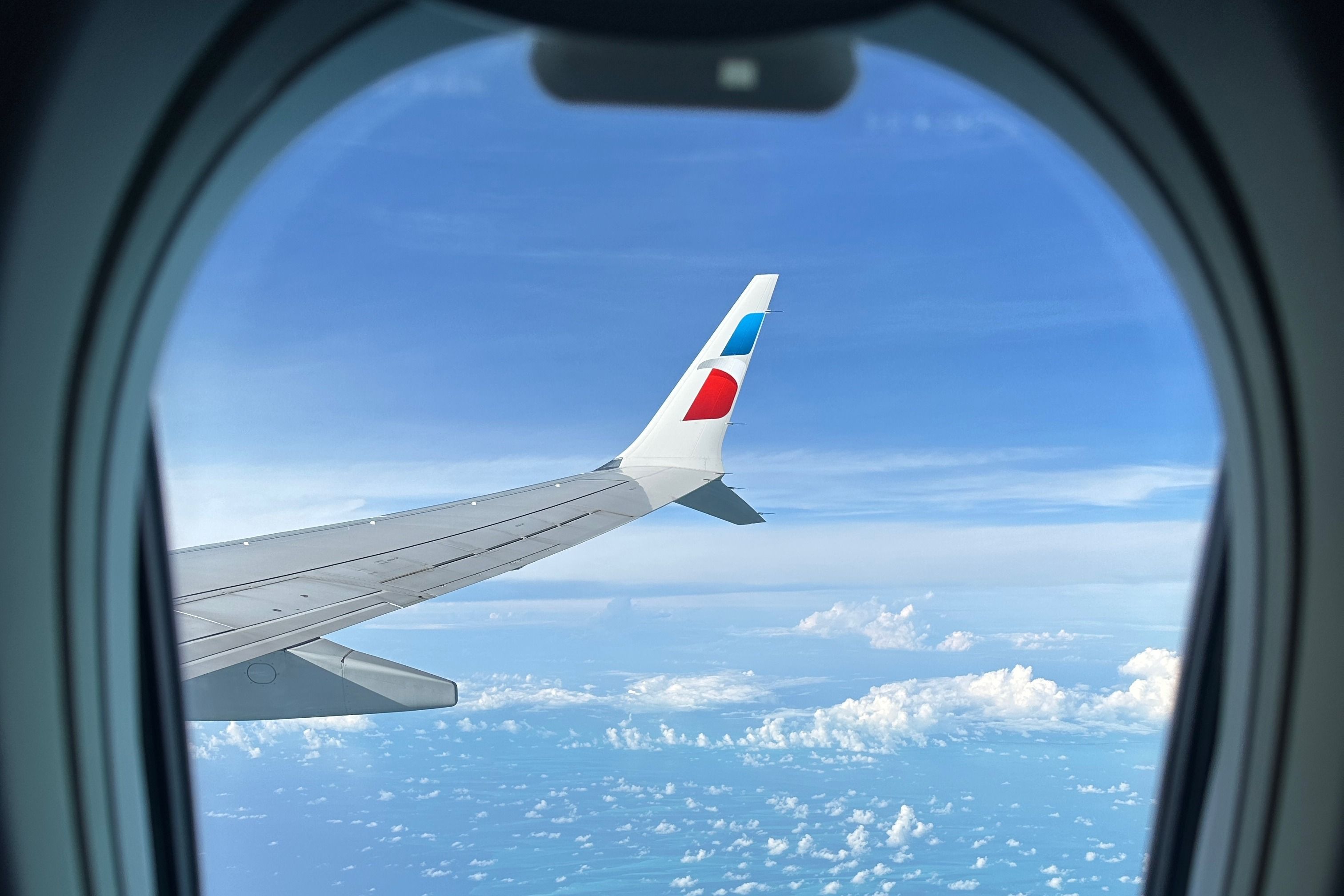
More American Airlines News
Why Did American Airlines Paint Its Logo On The Winglets Of Some Aircraft?
The carrier has subtly revised the look after receiving backlash over its alignment.
However, jurors dismissed those claims and only ordered Skipplagged to pay American $4.7 million in disgorgement from its revenues, while another $4.7 million was demanded for copyright infringement. Skipplagged attorney William Kirkman reportedly said on Tuesday that the website was pleased that it did not have to award any damages for American’s trademark claims.
What exactly is skiplagging?
The skiplagging hack is otherwise referred to as “hidden city” ticketing, according to Courthouse News Service. The practice is essentially purchasing flights with a layover at a connecting destination. However, when the traveler reaches their layover destination, they instead leave the airport and never board their connecting flight. The term “skiplag” comes from the concept that airlines sometimes charge less on connecting itineraries as opposed to a nonstop itinerary.
Legacy airlines, which primarily follow hub-and-spoke operating models, are the most at risk of skiplagging, considering nearly all of their flights return to a hub. The hack is less common with low-cost carriers
, as they typically operate flights on a point-to-point system.
In a statement obtained by Courthouse News Service, Yetter slammed the website for not providing customers with a true product.
“Skiplagged says it is like Expedia, but it offers no real service. If a customer complains, Skiplagged shrugs its shoulders.”
Yetter went on to explain that American has lost millions of dollars from the hack, while the website has made over $90 million from deceiving travelers. Additionally, American claimed Skiplagged normally charges a $10 fee for every one-way ticket, but the fee is sometimes 10% of the base fare.
Photo: Jon Tetzlaff | Shutterstock
Skiplagging is not an illegal practice, but airlines can apparently penalize travelers caught in the act. American reportedly removed a teenager from a flight last year and banned him for three years after he attempted to fly from Gainesville, Florida, to Charlotte, North Carolina, despite his final destination on his itinerary being New York City.
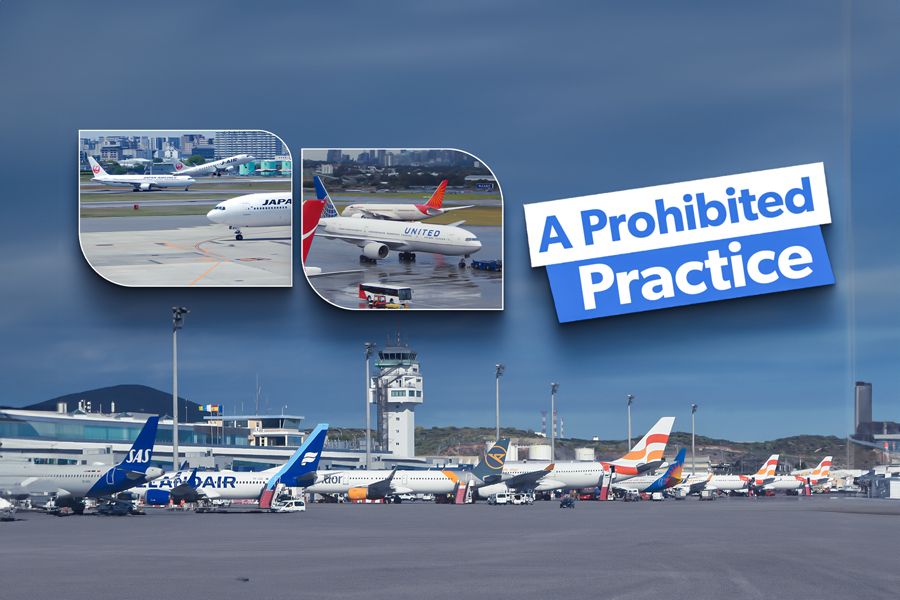
Read Next
Skiplagging: What It Is & Why It Is Controversial
Airlines have been cracking down on the practice for years.

